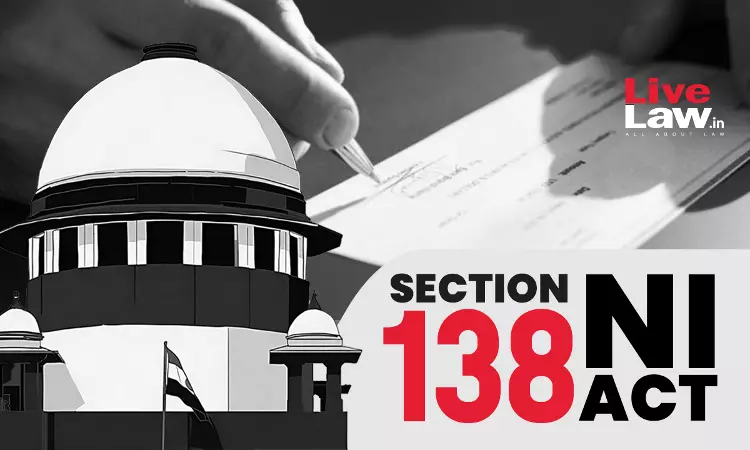The Supreme Court on Friday (March 15) observed that mere filing of the cheque dishonor complaint under the Negotiable Instruments Act would not grant a right to a complainant to seek interim compensation under Section 143A (1) of the N.I. Act, as the power of the court to grant interim compensation, isn't mandatory but discretionary and needs to be decided after prima facie evaluating the...

